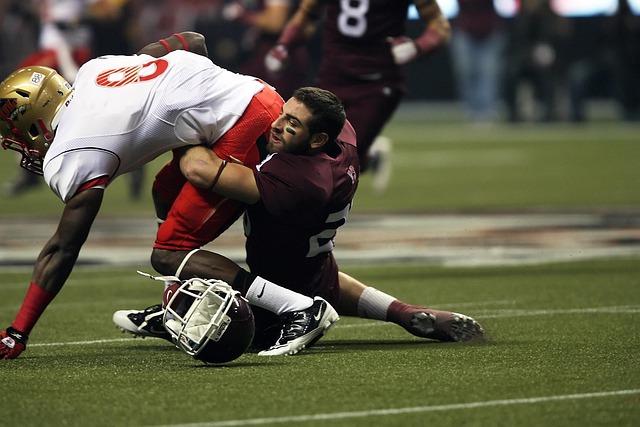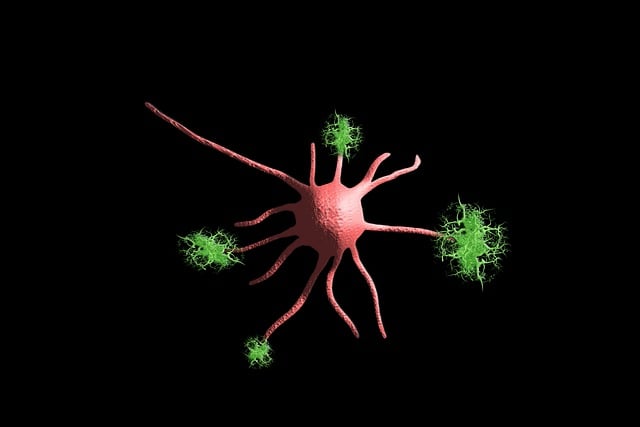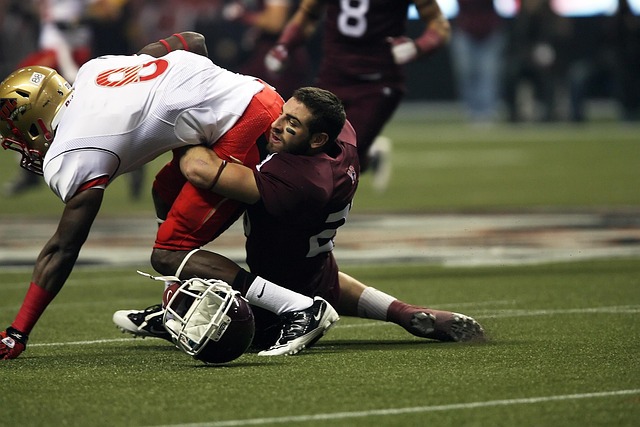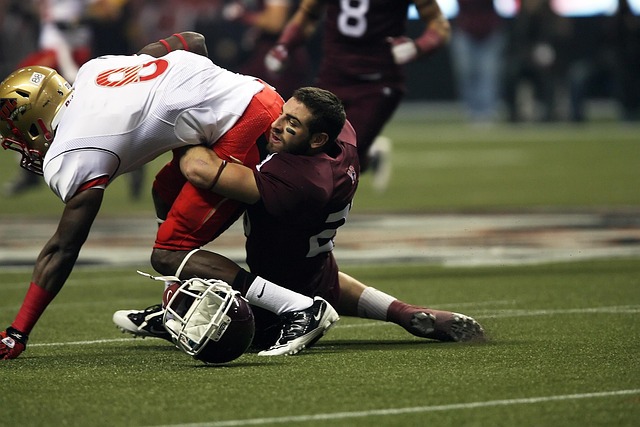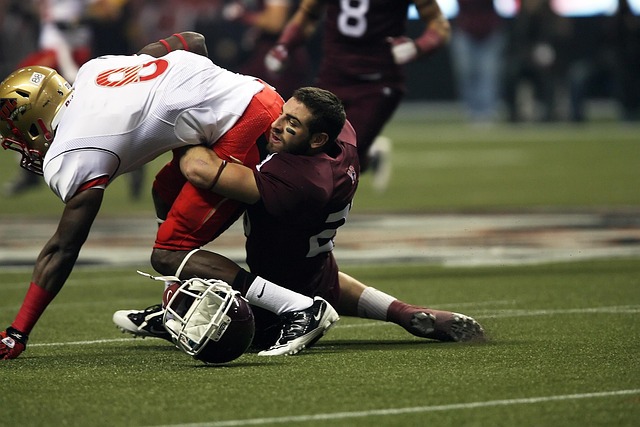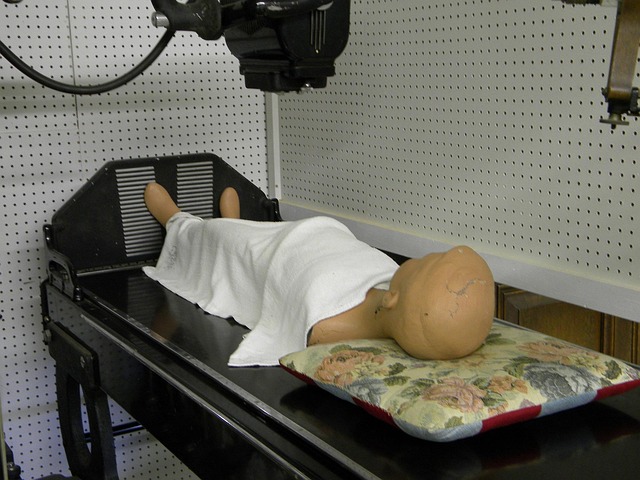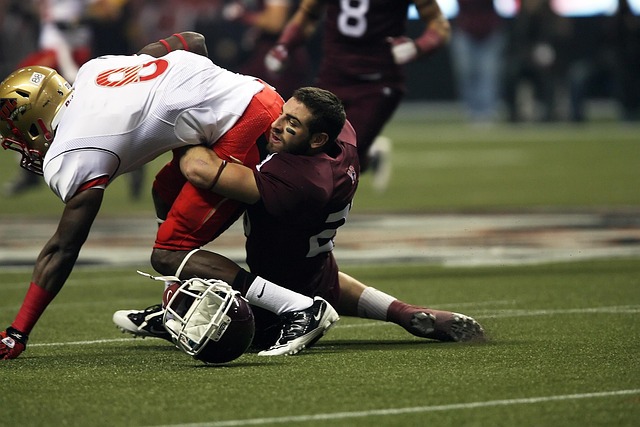Chiropractic treatment for concussion injury is a leading non-invasive approach to managing headaches post-traumatic brain injury (TBI). By targeting spinal misalignments and addressing structural imbalances, chiropractors alleviate symptoms like headaches, improve nerve function, and support the brain's healing process. This holistic method combines spinal manipulation, physical therapy, and cognitive behavioral therapy to reduce headache frequency and intensity, enhancing patients' overall well-being.
Headaches are a common and often debilitating symptom after traumatic brain injury (TBI), affecting up to 70% of individuals. This article explores effective strategies for managing these post-traumatic headaches, with a focus on the role of chiropractic care in concussion management.
We delve into understanding the mechanisms behind TBI-related headaches and discuss why chiropractic treatment can be a promising non-pharmacological approach, particularly for concussions. By combining evidence-based practices, patients can find relief and improve their overall recovery journey.
- Understanding Headaches Post-Traumatic Brain Injury (TBI)
- The Role of Chiropractic Care in Concussion Management
- Effective Treatment Strategies for TBI-Related Headaches
Understanding Headaches Post-Traumatic Brain Injury (TBI)
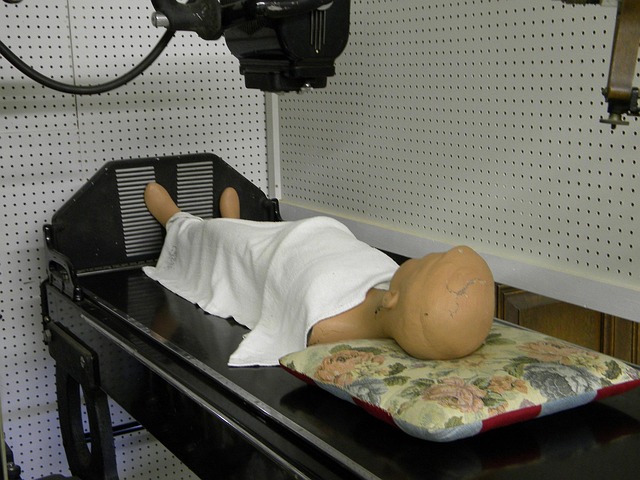
Headaches are a common symptom following a traumatic brain injury (TBI), and understanding their nature is essential in managing post-injury care. Often referred to as post-traumatic headaches, these can range from mild discomfort to severe pain, impacting an individual’s daily functioning. Chiropractors play a vital role in treating concussions and related headaches by adopting a holistic approach that addresses both the physical and neurological aspects of TBI recovery.
Chiropractic treatment for concussion injury focuses on alleviating headache symptoms while also supporting the brain’s healing process. This may involve various techniques, such as spinal manipulation and targeted exercises, to reduce muscle tension and improve nerve function. By addressing these underlying factors, chiropractic care can provide significant relief to individuals struggling with headaches post-TBI, enhancing their overall quality of life.
The Role of Chiropractic Care in Concussion Management
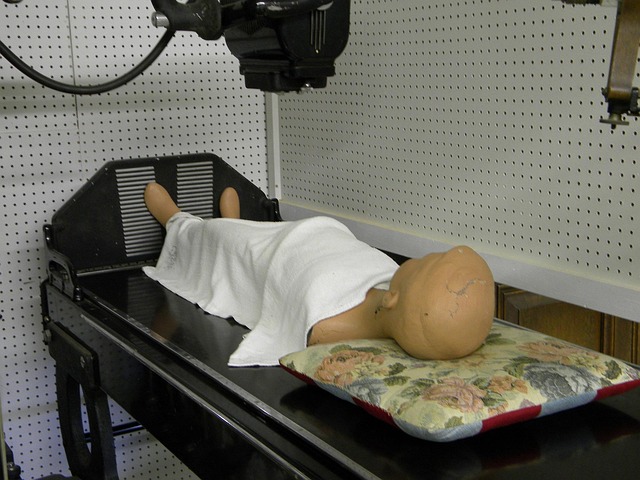
Chiropractic care has emerged as a valuable component in the management of concussions resulting from traumatic brain injuries (TBI). This non-invasive approach focuses on the manipulation and adjustment of the spine to alleviate symptoms associated with concussions. Research suggests that chiropractic treatment for concussion injury can effectively reduce headaches, which are a prevalent symptom among individuals post-TBI. Chiropractors utilize specialized techniques to address spinal misalignments, often attributed to the impact and subsequent inflammation following a head trauma.
By addressing these structural imbalances, chiropractic care aims to support the body’s natural healing process. This treatment method not only helps in managing headaches but also improves overall brain function and reduces the risk of long-term cognitive issues. Additionally, chiropractors may incorporate other therapeutic modalities, such as heat or cold therapy, along with exercise recommendations, to further assist in concussion recovery, ensuring a comprehensive approach to treating this delicate condition.
Effective Treatment Strategies for TBI-Related Headaches
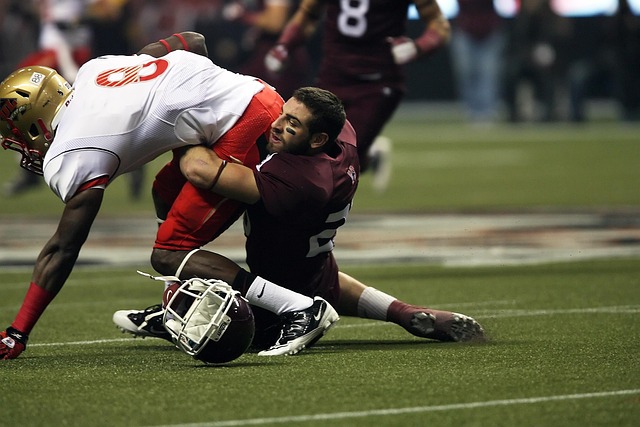
Headaches are a common symptom after traumatic brain injury (TBI), and finding effective treatments can significantly improve patients’ quality of life. Chiropractic care, specifically designed for concussion injuries, has gained recognition as a valuable approach. Chiropractors utilize a range of techniques, including spinal manipulation and manual therapy, to reduce headache frequency and intensity. These methods focus on addressing any underlying structural issues in the neck and spine that may contribute to post-TBI headaches.
In conjunction with chiropractic treatment, other strategies like physical therapy and cognitive behavioral therapy can be beneficial. Physical therapists help patients regain head stability and strengthen neck muscles, while cognitive behavioral therapy assists in managing pain perception and stress levels, which are often triggers for TBI-related headaches. Combining these treatments offers a holistic approach, targeting both the physical and psychological aspects of headache management after traumatic brain injury.
After a traumatic brain injury, managing headaches can be a complex process. This article has explored the prevalence and causes of post-TBI headaches, highlighting the importance of recognizing their unique characteristics. We’ve also delved into alternative treatments like chiropractic care, which shows promise in concussion management. By combining these insights with effective treatment strategies, individuals can navigate their recovery journey with improved comfort and quality of life. When considering options for TBI-related headaches, exploring chiropractic treatment for concussion injuries could be a valuable step towards relief and rehabilitation.
